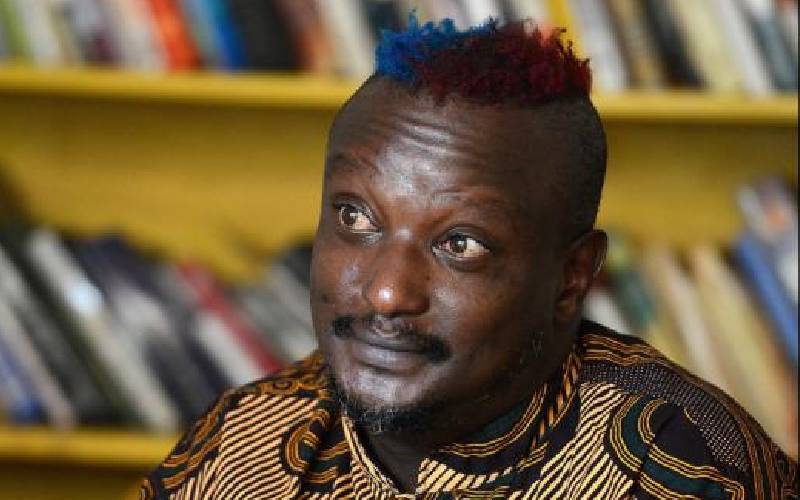×
The Standard e-Paper
Smart Minds Choose Us

Binyavanga
It’s Boxing Day, 2006, in Lamu and we are on a moonlit lit rooftop of a multi-storey house rented by an Egyptian lad called Djibril with writers on the 2006 Kwani – SLS (Summer Literary Seminars) Lamu workshop.